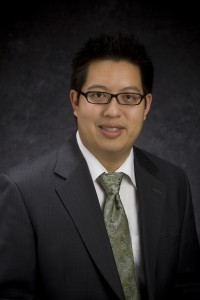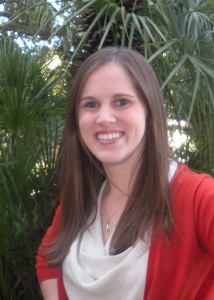Written by Austin Partridge
 This past summer, I was fortunate enough to be one of 21 students invited from around the United States to take part in
This past summer, I was fortunate enough to be one of 21 students invited from around the United States to take part in
BP’s Sophomore Experience, a program designed to introduce incoming and outgoing sophomores to BP and its Integrated Supply and Trading (IST) division. The IST division leverages BP’s petroleum infrastructure along with supply and demand information to supply products, trade, and manage risk for the company. After a quick flight to Chicago, we hit the ground running on day one, meeting some of the senior leadership at the company while learning as much about BP and IST as possible. One of the program’s aims was to educate us on how IST makes trades and explain their thought process for making them. We ended up learning about how the industry works and the basics of trading, all on the first day.
The chance to apply our newfound industry knowledge quickly presented itself. We soon found ourselves playing fast-paced supply chain games and working through challenging ethical case studies. Eventually, we sat down for our first trading simulation. In teams of two, we tried anticipating virtual commodities market movements by putting into practice everything we had learned so far, ranging from industry specifics to broad trading tactics. Ultimately, some profited and some lost, but I think everyone would have agreed that it was an incredibly fun learning experience.
While presentations and simulations taught us about IST, the lunches and dinners that we had were what really showed us what working at IST was like. BP wasted no opportunity to expose us to the company. Every meal, my peers and I were accompanied by different sets of people working for BP, including trading managers, current interns, traders, and analysts. I was exposed to about 20-percent of the IST’s team. While the focus was on the IST division, we also met people working in other areas of the company such as Marketing and Origination as well as Ethics and Compliance, giving us a comprehensive view of the company.
 My experience introduced me to exciting career opportunities I otherwise wouldn’t have been exposed to. The trip allowed me to spend five days exploring Chicago, eating deep dish pizza, and socializing with students from across the country. On the final day, we even had the chance to meet with BP sponsored Paralympic Athlete Tucker Dupree. For five days, I developed an understanding of BP’s IST division while simultaneously having an amazing time. It was an experience I’d heavily recommend to anyone with even a faint interest in the petroleum industry, trading, or getting to meet great people.
My experience introduced me to exciting career opportunities I otherwise wouldn’t have been exposed to. The trip allowed me to spend five days exploring Chicago, eating deep dish pizza, and socializing with students from across the country. On the final day, we even had the chance to meet with BP sponsored Paralympic Athlete Tucker Dupree. For five days, I developed an understanding of BP’s IST division while simultaneously having an amazing time. It was an experience I’d heavily recommend to anyone with even a faint interest in the petroleum industry, trading, or getting to meet great people.
Editor’s Note: BP is currently accepting applicants for their early experience programs offered to freshmen and sophomores, BP STEP, Integrated supply and trading Sophomore Experience and BP scholars program. Applications are being accepted through March 16, 2017. The IST Sophomore Experience program will be held in Chicago from June 19-23, 2017. To learn more, please go to www.bp.com/us-studentopps.

 Shivi Agarwal is a senior BHP/Finance major with minors in Supply Chain and Psychology. This past summer, Shivi held an internship with BP in their Integrated Supply & Trading division. She enjoyed the experience and decided to accept a full-time offer from BP to join their new Finance & Risk Rotational Program.
Shivi Agarwal is a senior BHP/Finance major with minors in Supply Chain and Psychology. This past summer, Shivi held an internship with BP in their Integrated Supply & Trading division. She enjoyed the experience and decided to accept a full-time offer from BP to join their new Finance & Risk Rotational Program.
